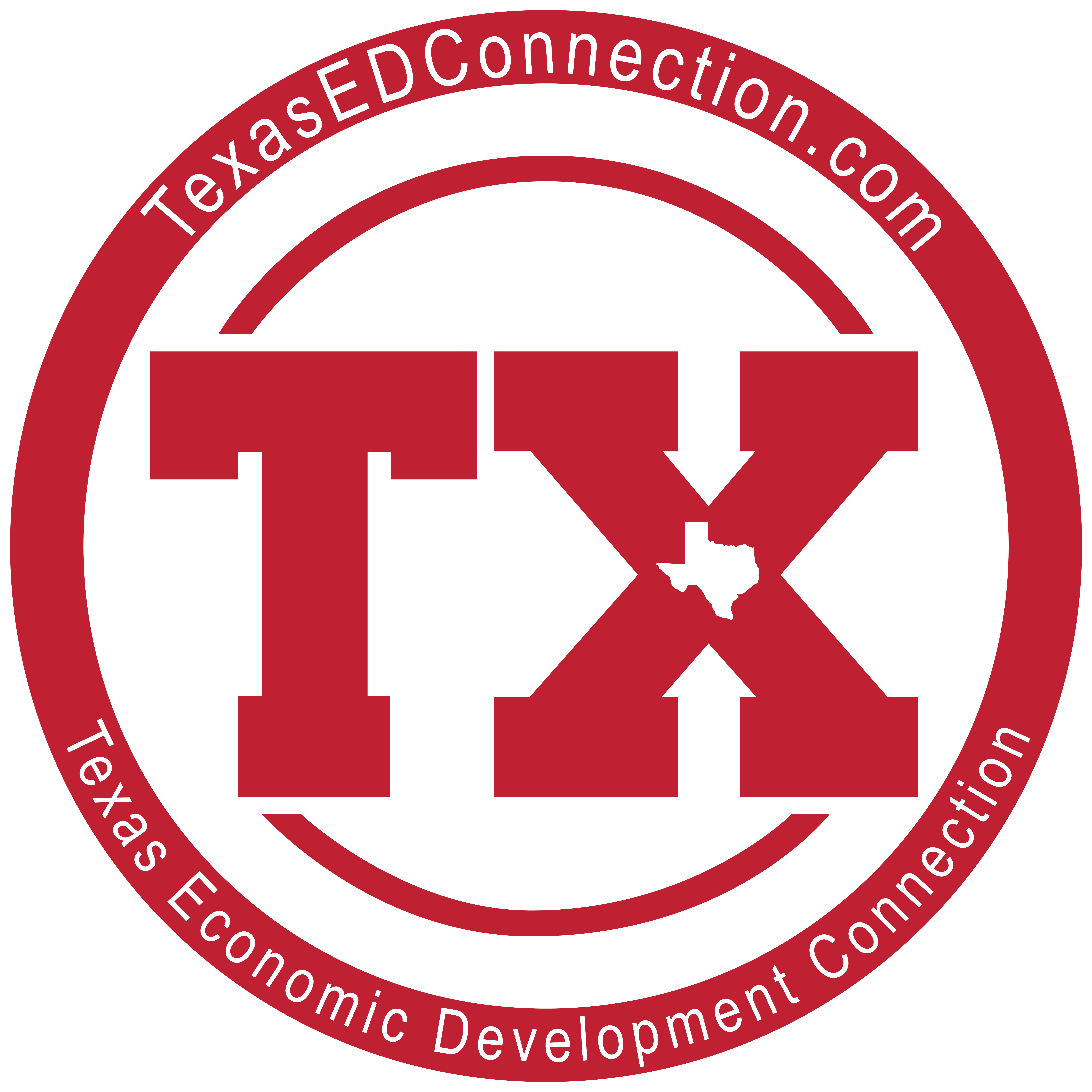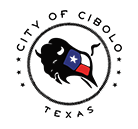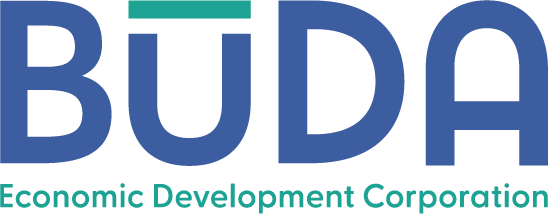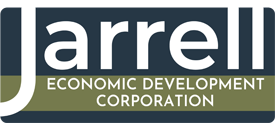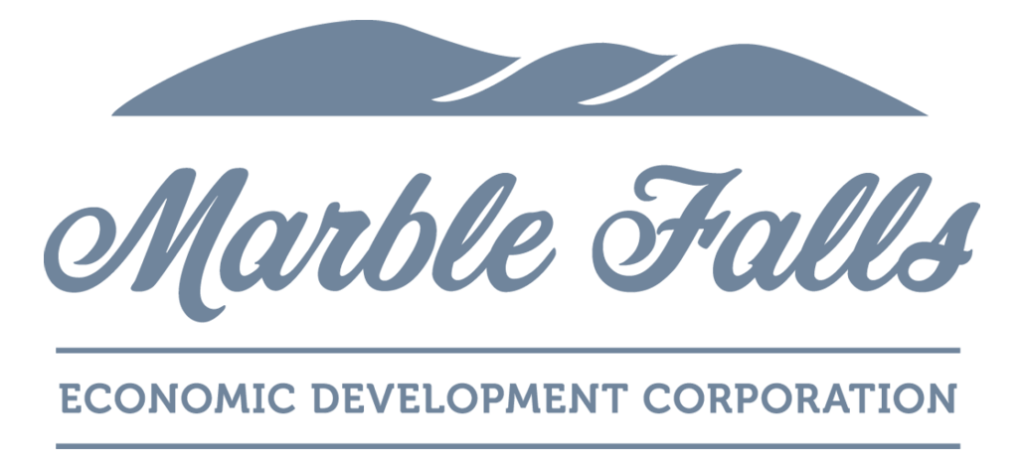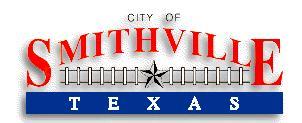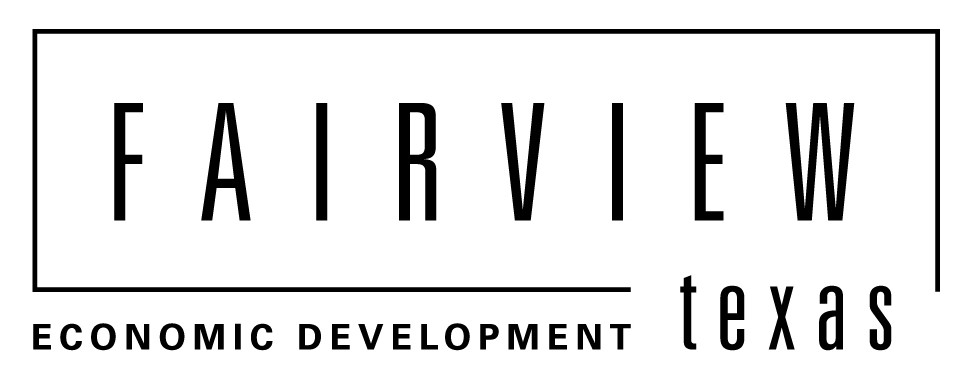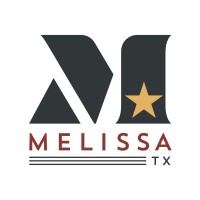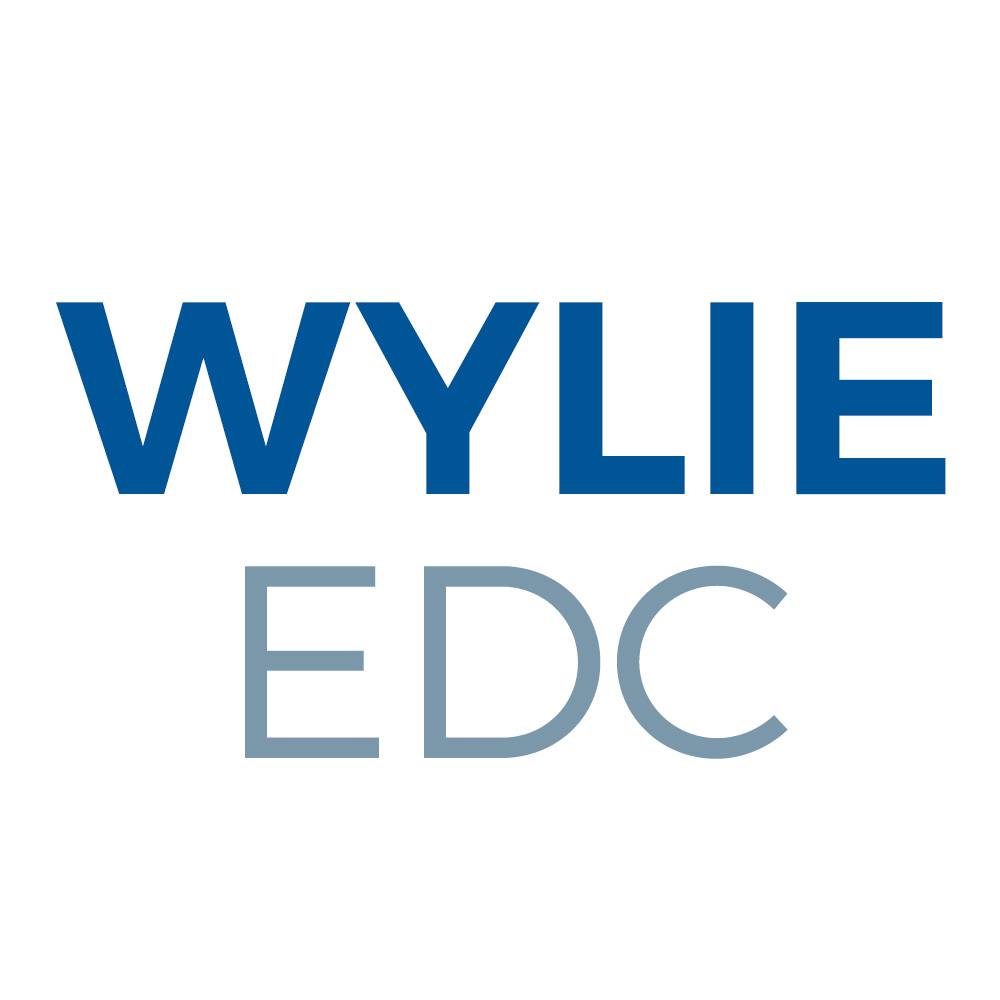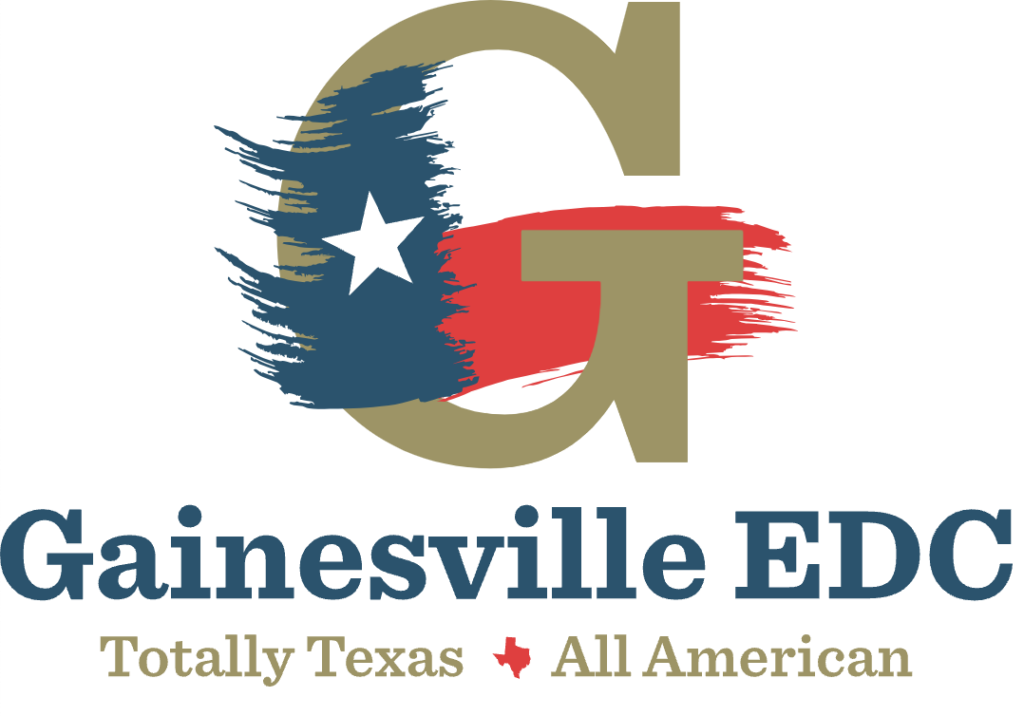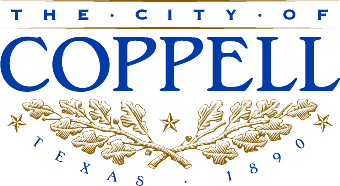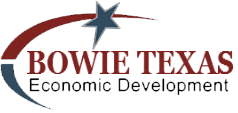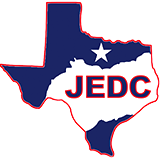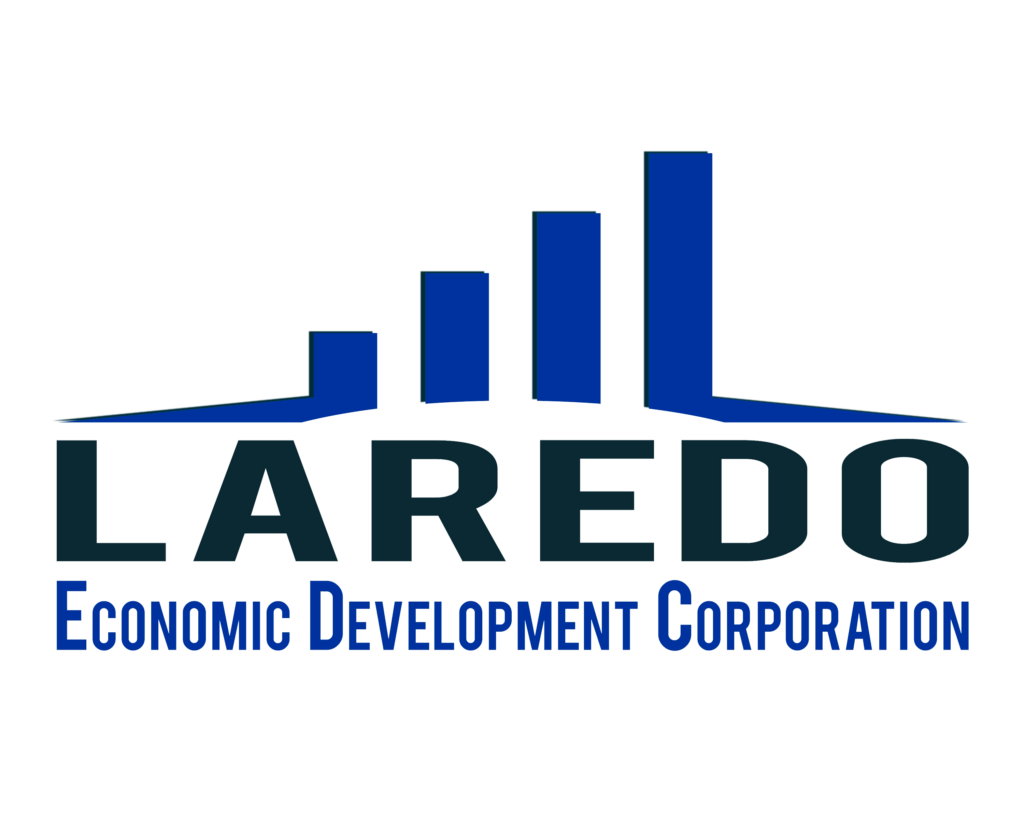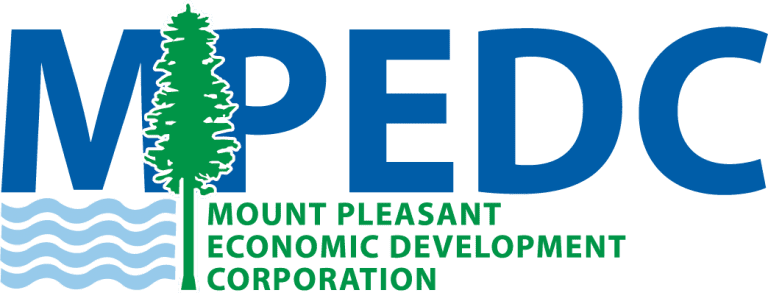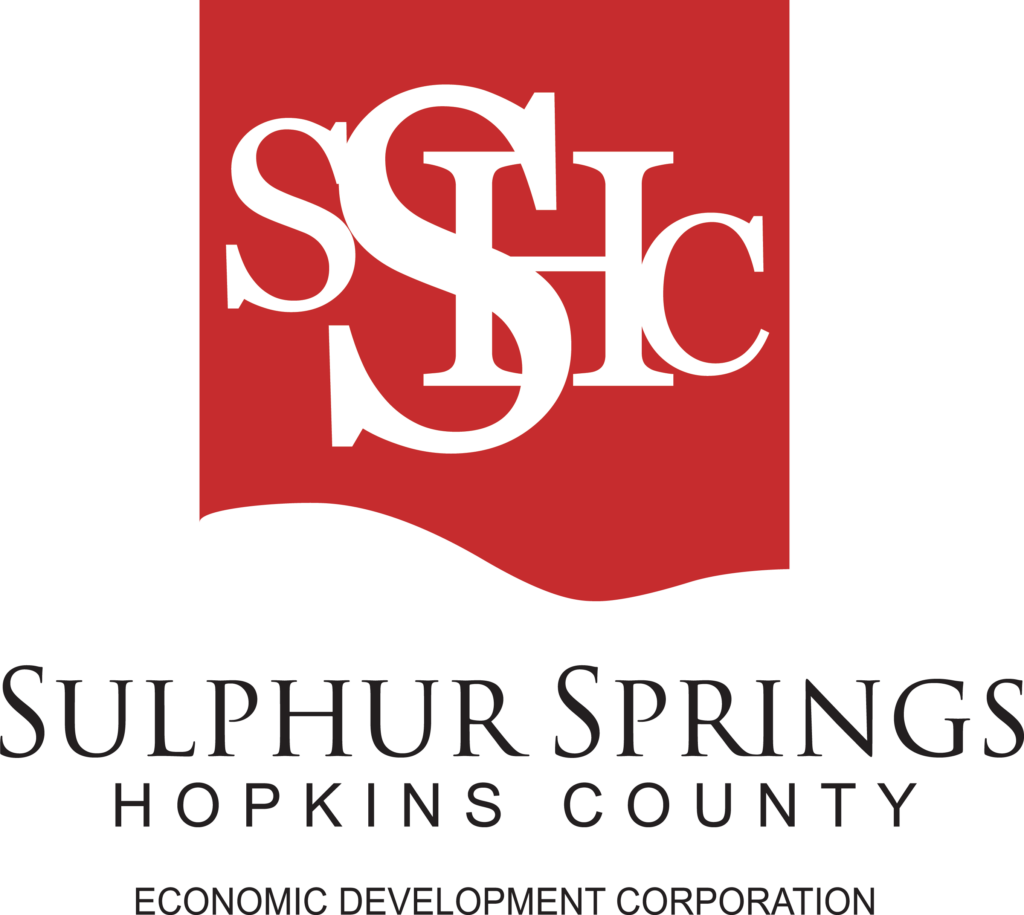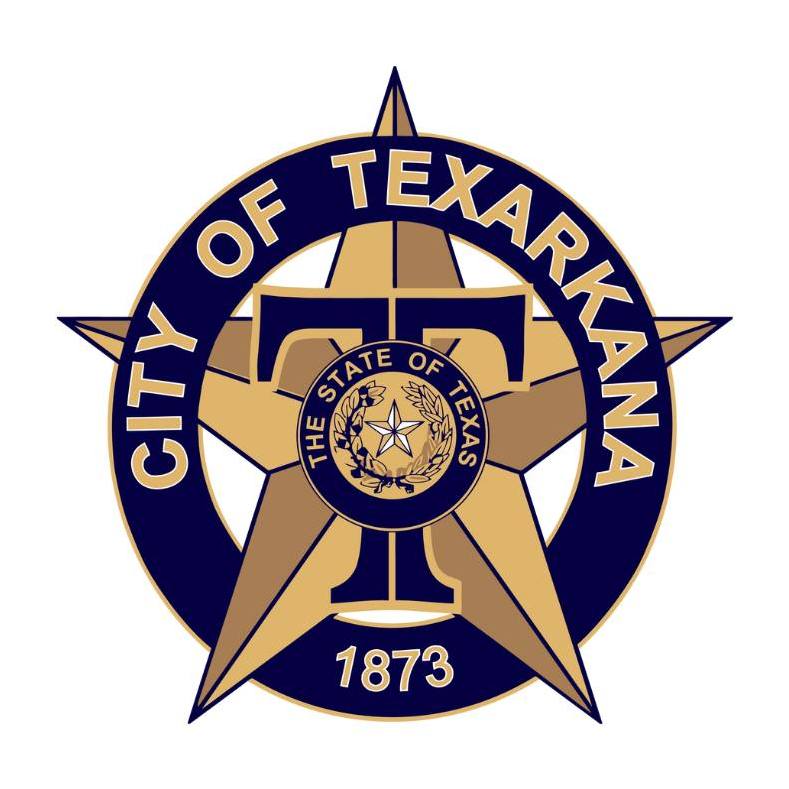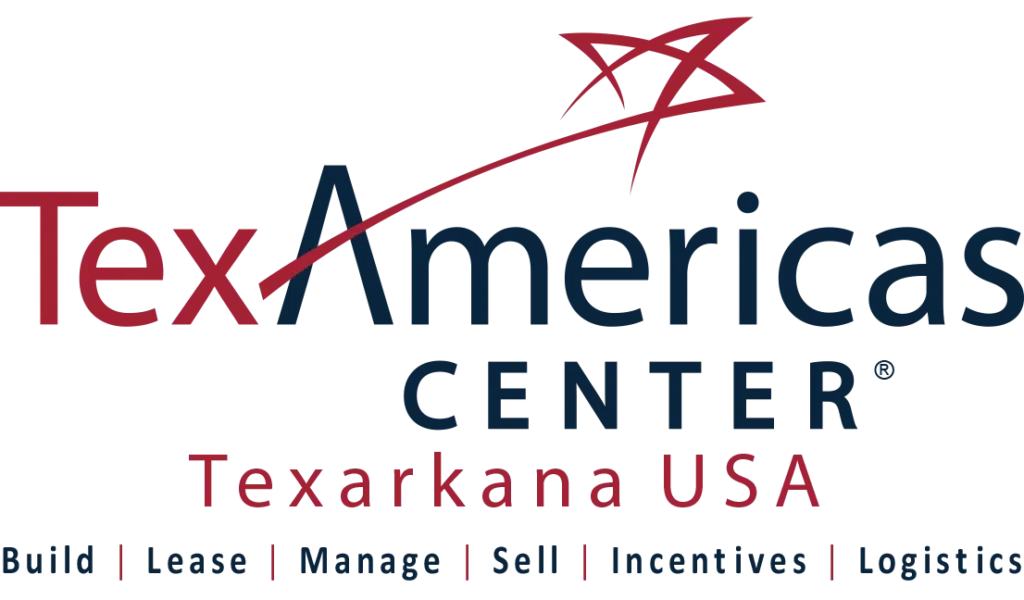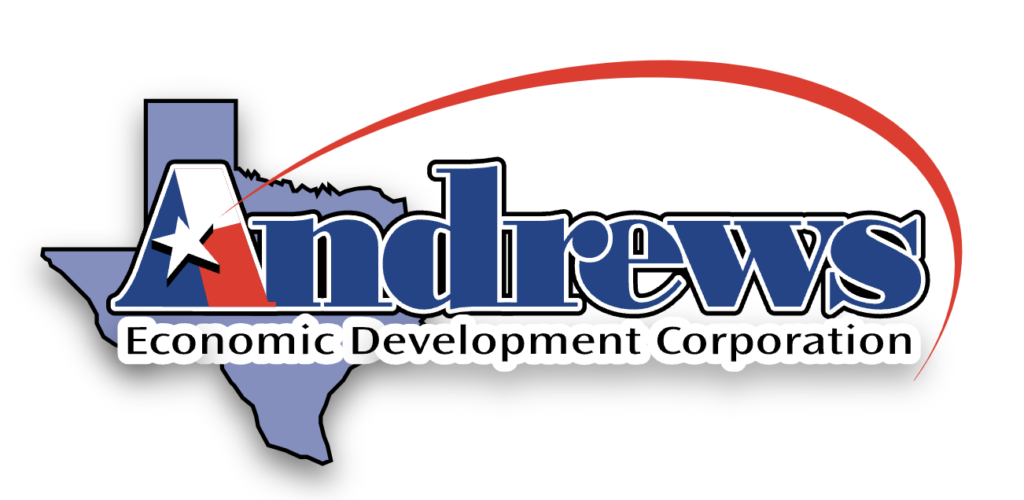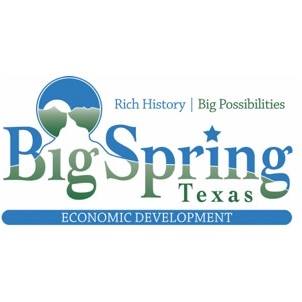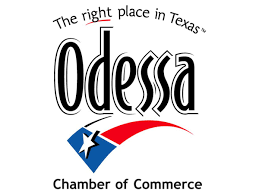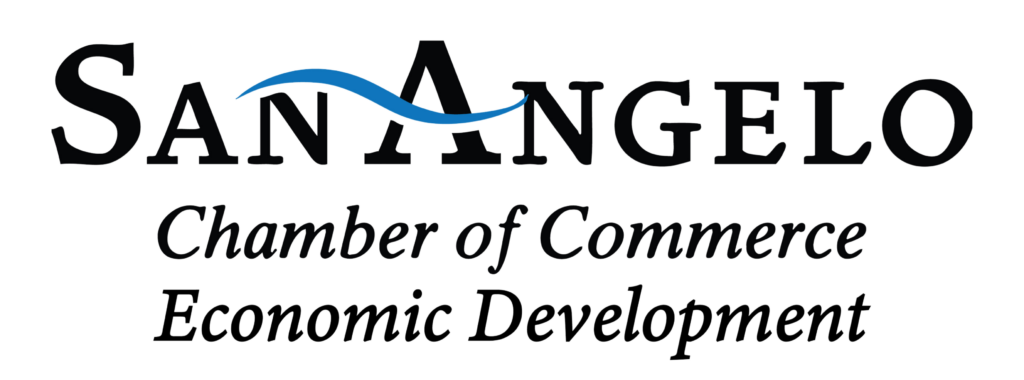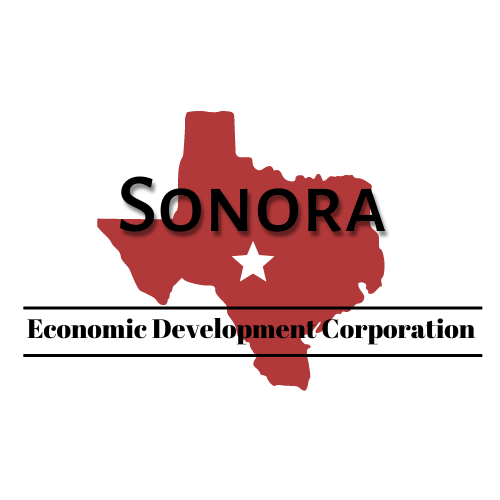Any town in Texas.
Any business. Any industry.
We can help you find your next home!
Any town in Texas.
Any business. Any industry. We can help you find your next home!
Texas is the #1 State for Business
The Texas Economic Development Connection is a team of certified economic developers working in cooperation with governmental agencies, chambers of commerce, and economic development organizations across Texas to support small businesses ready to expand or relocate to the Lone Star State. We help companies identify opportunities in Texas cities and stand ready to help them begin their journey to becoming a Texan.
While you may think only large companies can take advantage of this growth, you’d be wrong. Our team specifically helps small businesses with 10 to 150 employees seek community partners ready and willing to help the business grow in Texas.
Combine our deep-rooted history in agriculture production with a strong education base, an infrastructure providing global access, and an extensive network of universities and colleges that drive workforce supply and innovation spread across every region of Texas, you have the ideal environment to grow your business and compete in the 21st century. Not to mention the lost cost of production thanks to our commitment to creating a sustainable power capacity to meet the demands of our business community.
Alamo Region
The 19-county Alamo region covers about 18,000 square miles in south-central Texas, stretching from Fredericksburg and Kerrville in the Hill Country to Port Lavaca on the Gulf Coast. The region includes two metropolitan statistical areas (MSAs): the San Antonio-New Braunfels MSA, which includes Atascosa, Bandera, Bexar, Comal, Guadalupe, Kendall, Medina and Wilson counties, and the Victoria MSA, including Calhoun, Goliad and Victoria counties. The federal government, including the military, has a large footprint in the region. Businesses supporting the oil industry are highly concentrated in the region and continued to make the region’s economy robust.
Our Partners
Capital Region
The Capital Region of Texas is home to some of the fastest-growing communities in Texas, including state capital Austin. Known for its diverse business sectors and ease of access, thanks to an abundance of roadways, railways, and airports, the region continues to fuel growth for major companies. It is a progressive and fiercely entrepreneurial region that is pro-business and pro-environment with an easy-going and hardworking culture.
Our Partners
Central Texas Region
The 20-county Central Texas region covers about 17,400 square miles in the heart of Texas, stretching from Hillsboro on the north to Interstate 45 on the east to East Yegua Creek on the south to the conjunction of the San Saba and Colorado rivers. The region includes three metropolitan statistical areas (MSAs): the College Station-Bryan MSA, Waco MSA, and the Killeen-Temple MSA. The region is unique in that it has three economic centers, the cities of Killeen (Bell County), Waco (McLennan County), and College Station (Brazos County). Major business clusters in the region include manufacturing, information systems, and technology. Major employers include Axis Pipe and Tube, FujiFilm Diosynth Biotechnology Texas, Mars Chocolate North AMerica, iBio, Sanderson Farms, and Wayfair.
Our Partners
Gulf Coast Region
The 13-county Gulf Coast region covers about 13,900 square miles in eastern coastal Texas, stretching from Huntsville on the north to Matagorda Bay and Galveston along the Gulf Coast. The region includes one metropolitan statistical area (MSA), the Houston-The Woodlands-Sugarland MSA. The region’s economic center is the city of Houston in Harris County.
Our Partners
High Plains Region
The 41-county High Plains region covers about 39,500 square miles in North Texas, stretching from the Oklahoma state line on the east and north and the New Mexico state line on the west to the Lubbock metro area on the south. The region includes two metropolitan statistical areas (MSAs): the Amarillo MSA, and the Lubbock MSA. A solid work ethic, numerous transportation outlets, proximity to markets, and low utility costs all contribute to the region’s success. The long growing season and the irrigated land make the region ideally suited for the growing of any number of crops. More than 25 crop varieties are produced commercially in the region including the region’s primary crops of wheat, sorghum, corn, sugar beets, hay, soybeans, cotton, and vegetables.
Our Partners
Metroplex Region
The 19-county Metroplex region covers about 15,600 square miles in northern Texas, stretching from Oklahoma south to the Brazos River and from the Cedar Creek Reservoir on the east to Possum Kingdom Lake, on the west. The region includes two metropolitan statistical areas (MSAs). The first is the Sherman-Denison MSA, and the Dallas-Fort Worth-Arlington MSA. It also includes two Metropolitan Divisions (MDs): the Fort Worth-Arlington MD, and the Dallas-Plano-Irving MD. The Metroplex region revolves around the cities of Dallas (Dallas County) and Fort Worth (Tarrant County). Dallas is the third-largest city in Texas. The region’s business-friendly environment, low cost of living, central location, superior access to the U.S. and the world through its transportation network, and a strong base of well-educated and skilled employees, make it one of the nation’s top locations to live, work and do business. It is an innovation hub with a vibrant quality of life for all.
Our Partners
South Texas Region
South Texas is home to the United States-Mexico border, which serves as a gateway to one of the most important economic corridors on the continent. This region offers four Foreign Trade Zones (FTZ) to facilitate cross-border trade in addition to two major ports at Brownsville and Corpus Christi. Major cities like Laredo, McAllen, San Antonio and Victoria are hotbeds for talent and emerging businesses. The South Texas region has both coastal and border characteristics. Its two economic centers are the cities of Laredo in Webb County and Corpus Christi in Nueces County. The region includes four metropolitan statistical areas (MSAs): the Brownsville-Harlingen MSA, the Corpus Christi MSA, the Laredo MSA, and the McAllen-Edinburg-Mission MSA. The region has a high concentration of public health, safety and education industries as well as certain petroleum-related industries which helps differentiate the South Texas region from others.
Our Partners
Southeast Texas Region
The Southeast region contains one metropolitan statistical area (MSA), the Beaumont-Port Arthur MSA and Beaumont in Jefferson County is the economic center of the region. Some of the world’s biggest companies operate in Beaumont-Port Arthur. Major business clusters in Beaumont-Port Arthur area include chemical and petroleum manufacturing, materials manufacturing and transportation. Major employers in Beaumont-Port Arthur include ENGlobal Corporation, ExxonMobil, Goodyear Tire & Rubber, Motiva Enterprises and Valero Refining Group.
Upper East Texas Region
The Upper East region includes three metropolitan statistical areas (MSAs): the Longview MSA, the Texarkana MSA, and the Tyler MSA. The economic core of the Upper East region is the city of Tyler (Smith County). The region is home to massive industrial sites, cutting-edge biomedical research parks, and a highly-skilled workforce. The region offers business advantages for manufacturing and distribution operations with a robust interstate infrastructure that provides access to Mexico and Canada, as well as East and West Coast destinations. Several Class 1 Rail Operators have major nodes in the region, providing access to key ports and distribution centers.
Our Partners
Upper Rio Grande Region
The Upper Rio Grande region includes one metropolitan statistical area (MSA), the El Paso MSA. El Paso is the largest metro area on the Texas-Mexico border.
Nestled between the scenic Franklin Mountains and the historic Rio Grande, El Paso combines the advantages of a major metropolitan center with the charm of a modern western town. El Paso is a major transportation hub with state-of-the-art educational and medical facilities. Historically focused on textiles, the region has diversified into automotive, biomedical, defense, electronics, finance/business services, and medical device sectors. With a diversified economy that continues to branch into new industries, El Paso’s regional economy is positioned for growth. In addition, the Fort Bliss military base has been a defining pillar of the city, employing more than 40,000 people and producing $6 billion in economic activity. El Paso is a leading point of shipping and distribution with direct transportation access to the West Coast, Midwest, and Southeast U.S. markets. Major business clusters in El Paso include business and financial services, food products, manufacturing, military, retail and logistics and transportation. Major employers include ADP, Charles Schwab, ECM International, GECU, Helen of Troy, Mesilla Valley Transportation, Prudential Financial and Toro.
West Texas Region
The region contains three metropolitan statistical areas (MSAs): the Midland MSA, the Odessa MSA, and the San Angelo MSA. Major business clusters in the region include energy, manufacturing, transportation, and related distribution. Major employers include Bobby Cox Companies, Halliburton, Investment Corporation of America, Keane Group, Saulsbury Companies, Telvista, Ethicon, Hirschfeld Industries, Lone Star Beef Processing and Weatherford. If the region were a state, it would have the nation’s fifth-highest per capita income. Its high concentration of industries revolving primarily around the extraction and transportation of oil and gas differentiates the West Texas region from others in Texas.
Our Partners
NO-HASSLE NEXT STEP
NO-HASSLE NEXT STEP
Reach out to the Texas Economic Development Connection to set up a call, and our collection of the country’s best-known Economic Development Professionals, Small Business Advisors, and their top supporting service vendors will help you find your new business home in Texas!
Our Partners = Your Success
Powered by Day One Experts
Day One Experts is a collection of the country’s best-known Economic Development Professionals, Small Business Advisors, and their top supporting service vendors. Together, we are uniquely equipped to help communities and small businesses navigate winning public-private partnerships.
